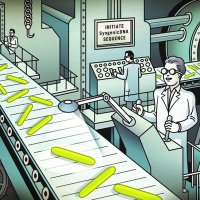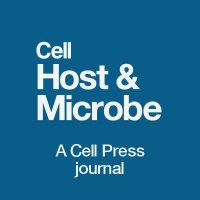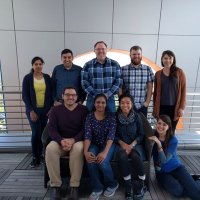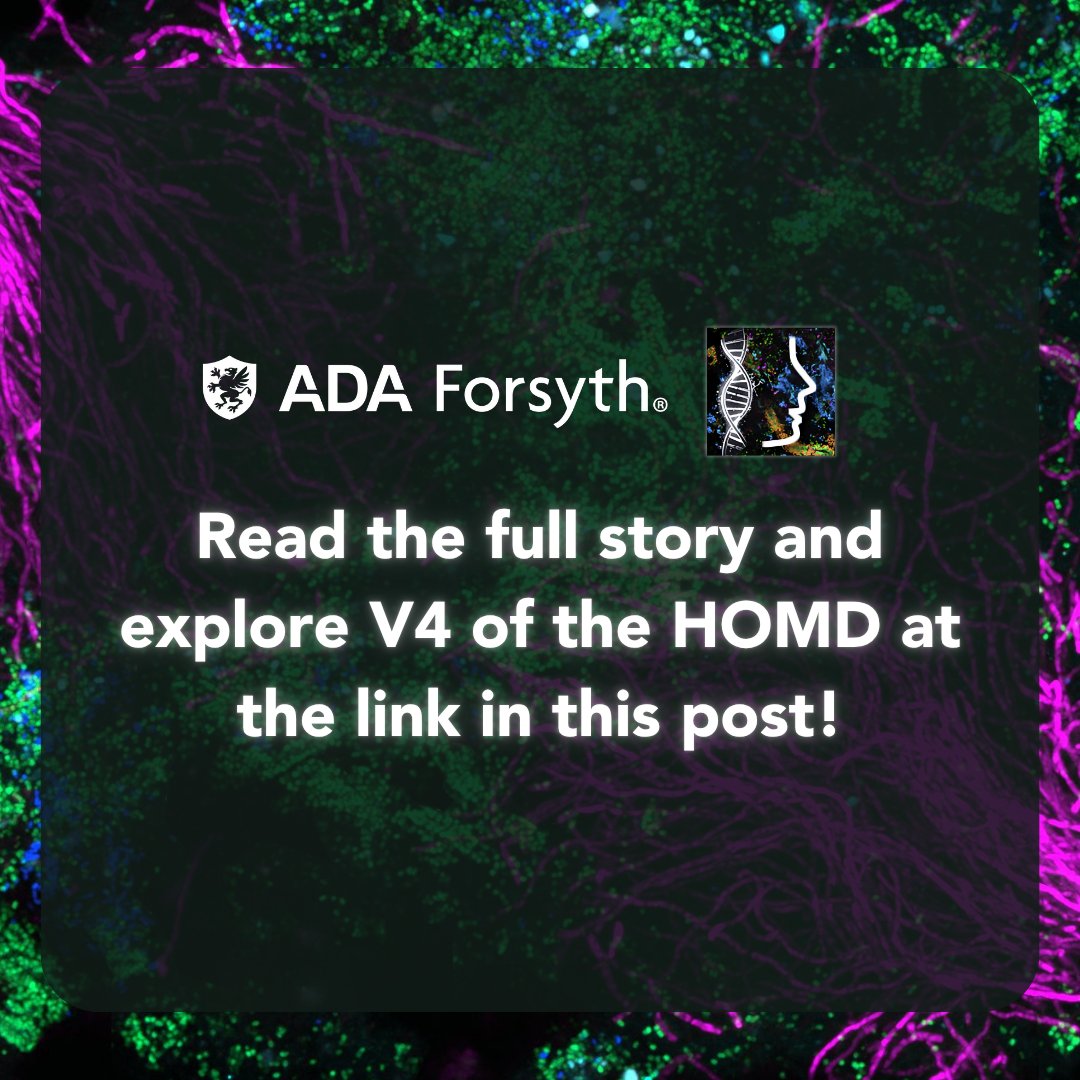
CJohnstonLab
@cjohnstonlab1
Based at MD Anderson Cancer Center, we focus on the genetics/epigenetics of bacteria associated with human cancers, in particular those that infiltrate tumors.
ID: 1221222425699876866
http://johnstonlaboratory.com 26-01-2020 00:04:59
245 Tweet
463 Followers
376 Following


The tumor microenvironment’s role in the response to immune checkpoint blockade Nature Cancer nature.com/articles/s4301…



Review Nature Rev Immunol George Coukos Tumor-associated vasculature in T cell homing and immunity: opportunities for cancer therapy nature.com/articles/s4157…

📢 MorphLink is out now in Nature Communications! A framework designed to systematically identify disease-related morphological–molecular interplays. Congrats to Jian Hu Emory University and the team MD Anderson Cancer Center. nature.com/articles/s4146…

Looking forward to attending and presenting at #ENDO2025 next weekend in SF and also hearing about exciting work from Katherine L. Cook, Dipali Sharma labs (SY16 - Diet, Gut, Microbiome, and Cancer).


Thrilled to see our work led by yunhe liu published in Cancer Cell featured by Nature Custom Media nature nature.com/articles/d4247… Huge thanks to Ian Le Guillou for the thoughtful interview, beautifully written piece Aubrey Bloom Clayton Boldt, Ph.D. MD Anderson Cancer Center for their support



Hats off to Regina Barragan-Carrillo who (w Zeynep Zengin Yale Internal Medicine) put together a beautiful overview of #microbiome modulation for the treatment of #solidtumors in Journal of Clinical Oncology. Citing work from innovative #scientists & #trialists in the field like #Routy, #ElKrief, lisaderosa, #Zitvogel,



Proud to share Jose M. Adrover’s (new PI The Francis Crick Institute) paper: As a postdoc (Cold Spring Harbor Laboratory/Johns Hopkins Medicine), he found #NETs in necrotic tumors—I shrugged. But he looked closer: NETs block tumor vessel perfusion, causing necrosis, hypoxia, EMT & #Metastasis. nature.com/articles/s4158… @JHU_BDP nature



